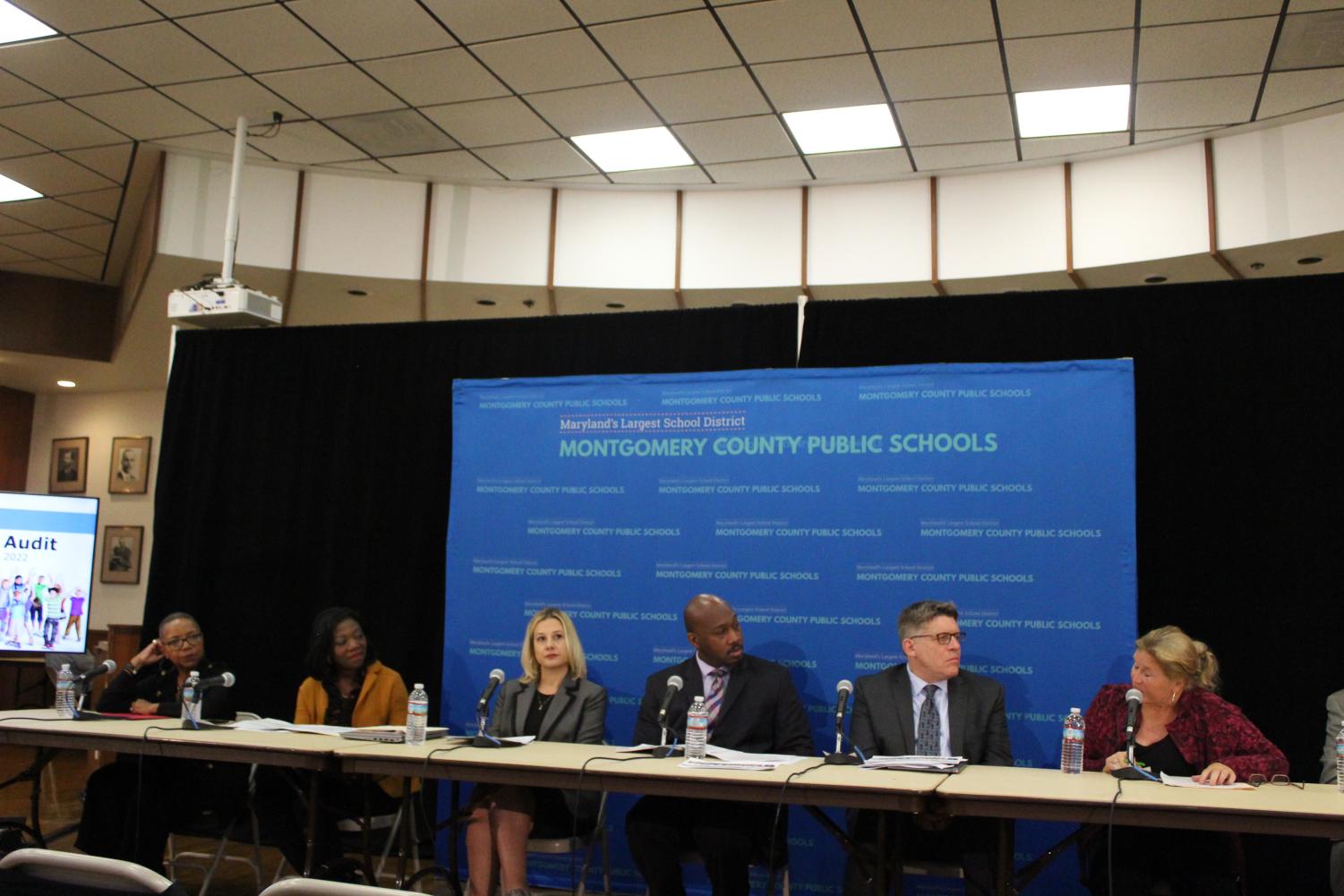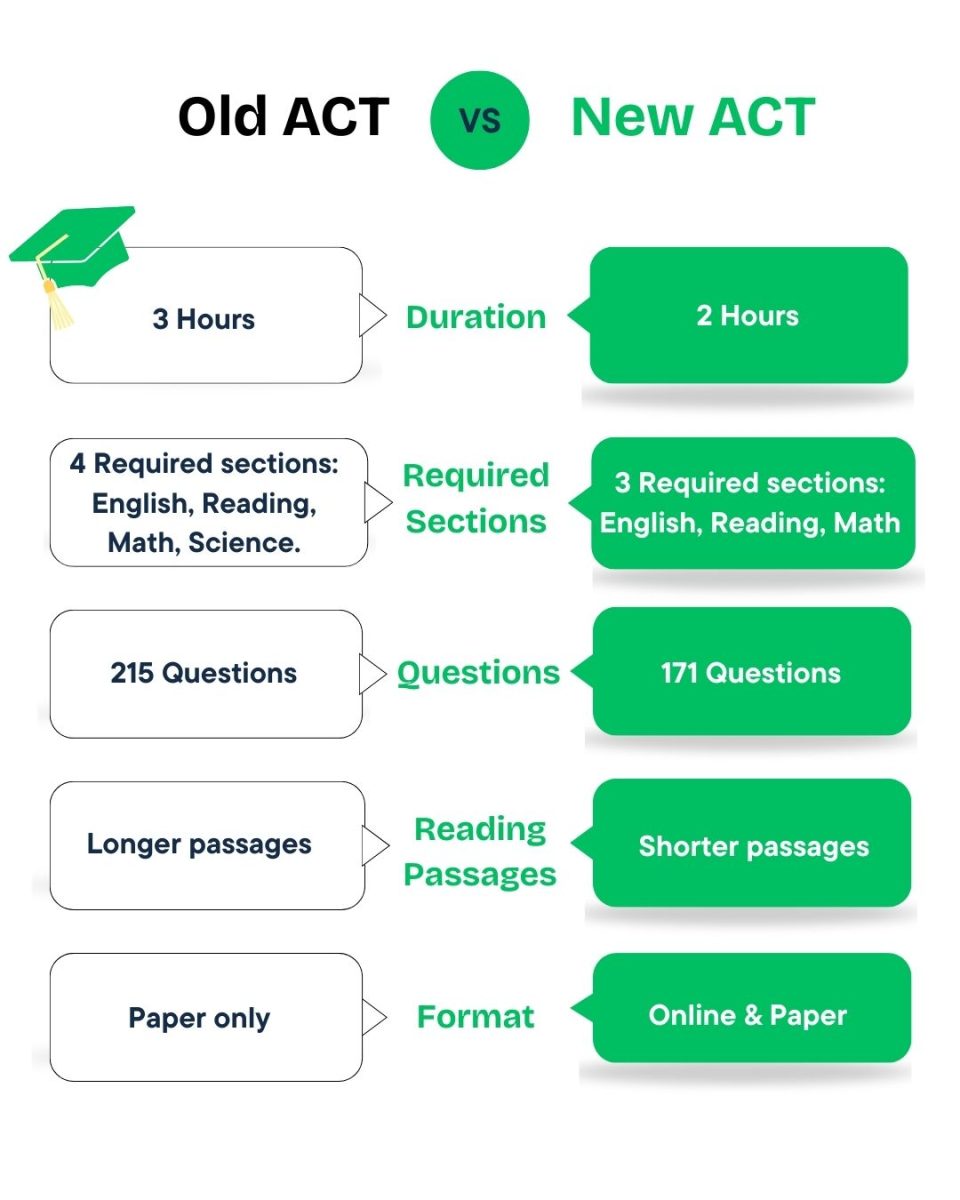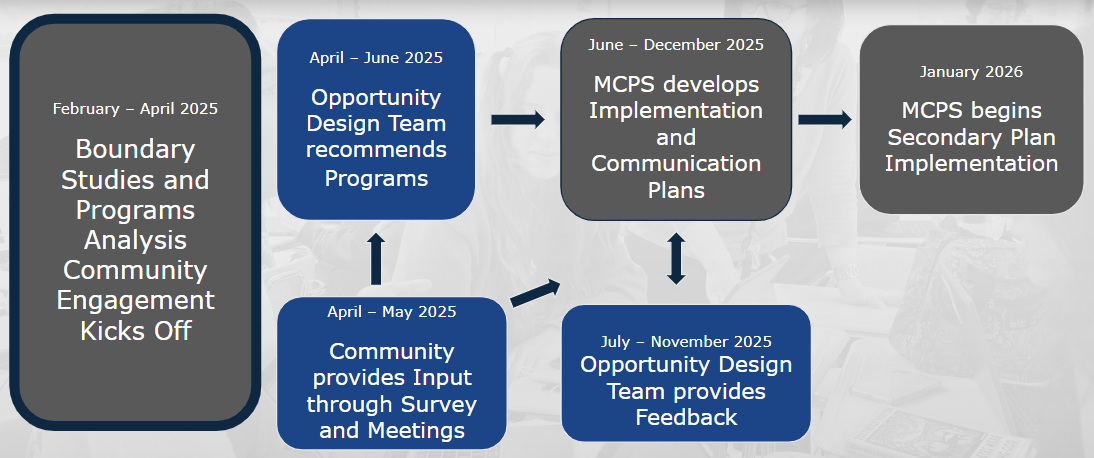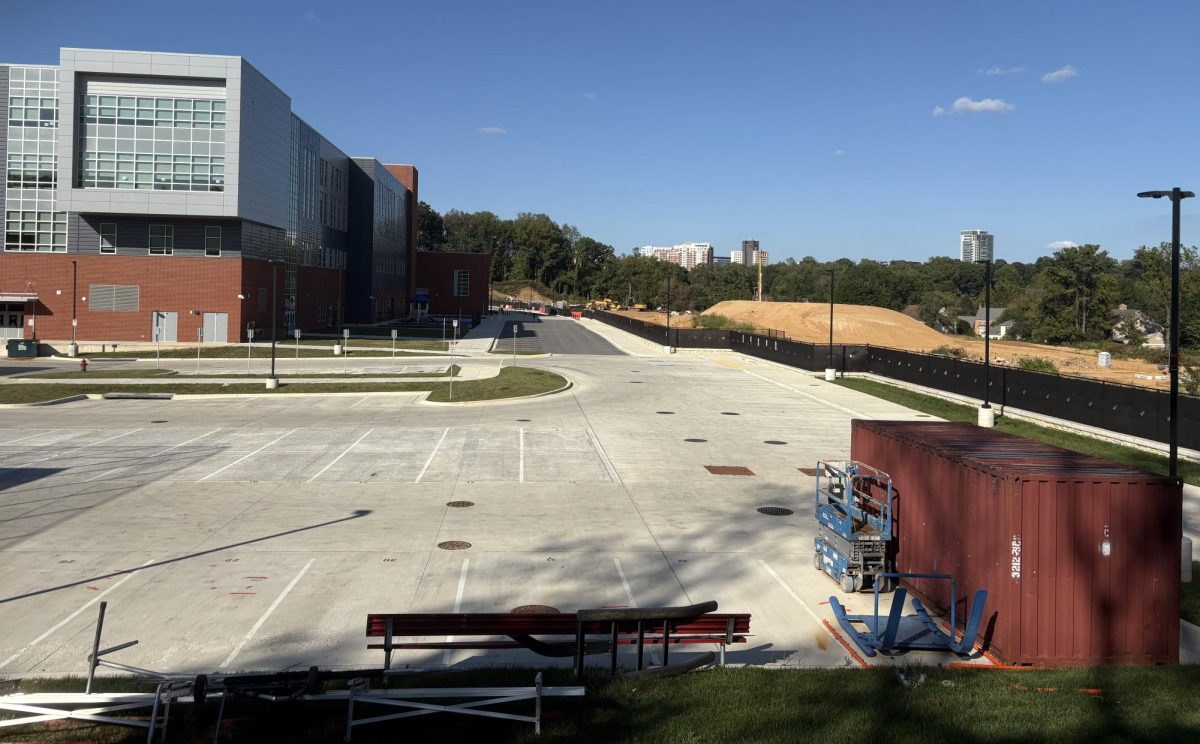MCPS announced the results of its multi-year antiracist system audit, which examined district policies and practices, on Tuesday, Oct. 11. The audit, conducted by Bethesda firm Mid-Atlantic Equity Consortium (MAEC), included existing document and data review, surveys of parents, staff and teachers and focus group discussions.
“Overall, students, families, and staff of color reported having a less satisfactory experience with MCPS than other members of the community. […] The system is fragmented. Many of these challenges stem from the lack of a clear, system-wide comprehensive approach to antiracism,” the report said.
As one of the first most immediate actions of the result, MCPS will develop a new comprehensive antiracism plan by March 2023.
The study looked at six key areas: Workforce Diversity Analysis, Work Conditions, PreK-12 curriculum, Equity Achievement Framework progress, Community Relations & Engagement and Evaluation of School Cultures. When conducting the audit, MCPS cited data on academic disparities between black and brown students and white and asian students.
Director of the Office of Strategic Initiatives Stephanie Sharon stated the importance of the audit looking beyond just the data.
“MCPS is rich in data and we have looked over time at a lot of quantitative data measures […] But this was the first opportunity where we as a district said ‘We know what the data says. But now let’s understand why,’” Sharon said.
In its key recommendations, the report recommended five elements: coherence, accountability for racial equity work, equity-centered capacity building (systematic and ongoing professional learning), continuous data collection and relational trust.
MAEC was appropriated 454,680 dollars to conduct the study in November 2020. The final report has suffered over a year of delays, originally scheduled for completion by summer 2021. Despite many pandemic related delays, McKnight emphasized the increased importance of conducting the audit, despite the pandemic.
“During the pandemic we had every reason to stop everything. […] But we weren’t just staring at the data that we’d known for decades […] we were now looking at new disparities that were going to be developed as a result of the pandemic,” McKnight said.
Community members, including Byron Johns of the Montgomery County NAACP, heralded the audit as a confirmation of realities many already have experienced.
“These are not new revelations in our community, we’ve had anecdotes for many,. many years. What makes [the audit] really powerful is […] it shows this is not just anecdotes,” Johns said.


















